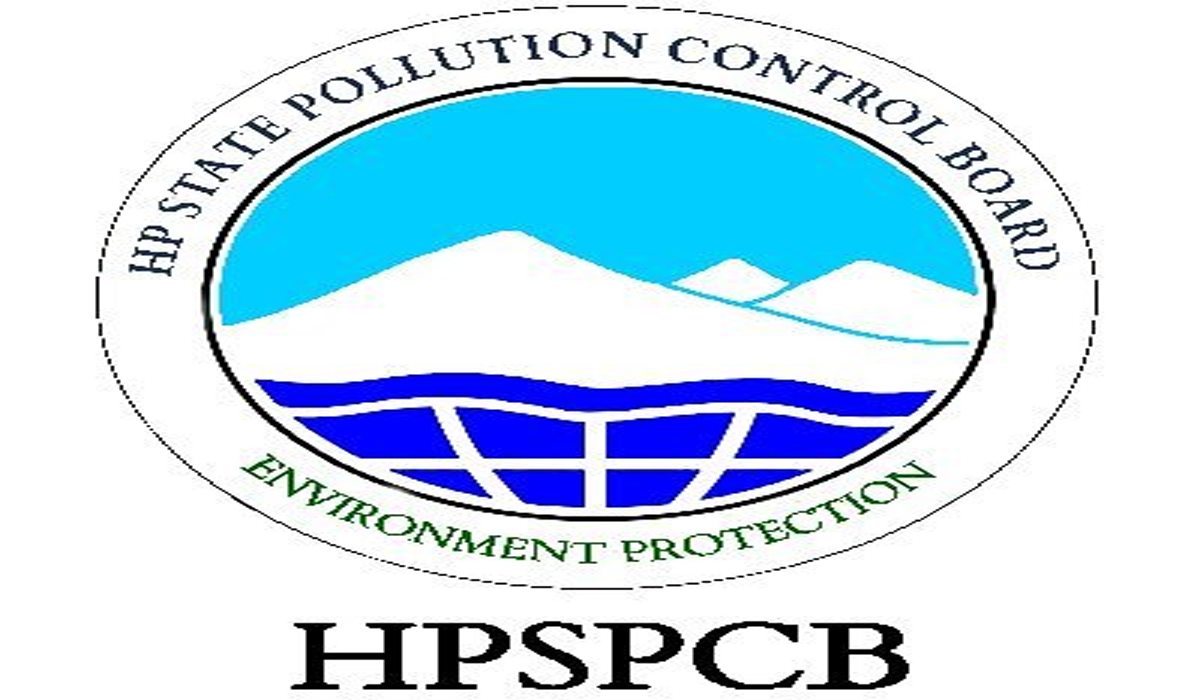
The Himachal Pradesh government has taken another strict step towards making the state plastic-free. Now, the companies will have to destroy the same amount of plastic in a scientific manner as the amount of products they sell in plastic packaging in the state. This policy has been implemented under Extended Producer Responsibility (EPR), in which the producers will have to take responsibility for the plastic waste generated due to their products.
The Himachal Pradesh Pollution Control Board has started action to strictly implement this policy. So far, notices have been issued to more than 800 companies, which are doing business in the state but are not registered on the EPR portal. If these companies do not register within the stipulated time limit and do not take responsibility for waste disposal, a fine of up to Rs 1 lakh can be imposed against them.
Under this policy, the government has tied up with companies like Ambuja and UltraTech Cement for the disposal of plastic waste. Non-recyclable plastic will be destroyed through co-processing technology in their cement plants. This is an environmentally friendly process in which plastic is used as fuel and it also reduces the pressure on landfills.
The government has also decided to involve local bodies and panchayats in this process. Currently, urban bodies and panchayats collect plastic waste, but they do not get any special economic benefit in return. Now under the new policy, companies will enter into an agreement with these bodies and pay them in exchange for plastic waste collection.
This will provide financial assistance to local bodies and they will be able to handle waste more effectively. For this, the state government has directed all panchayats to adopt solid waste management bylaws. It has been made mandatory to implement them within six months. These rules include provisions like waste segregation at source, regular collection and penalty for indiscipline.
